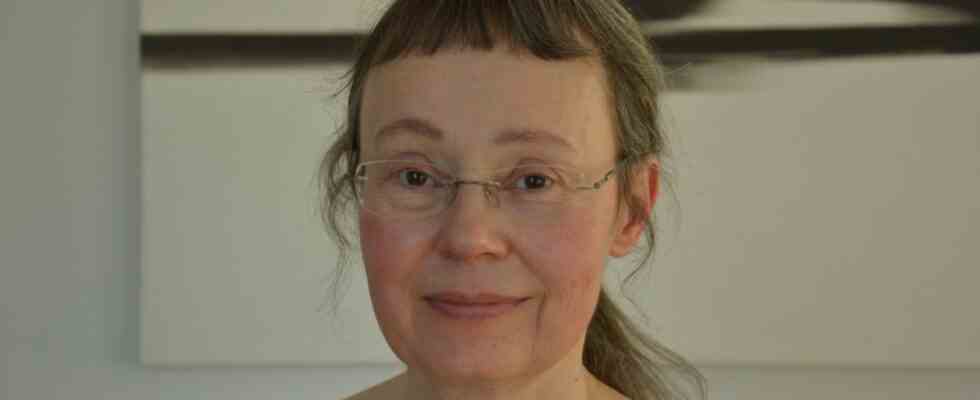Even a bailiff rarely sees such an apartment. Not only that the sanitary area has hardly changed since the Viennese house was built in 1890. Not only that lots of boxes, serviette packages or light bulbs are stacked here. But also: Paper as far as the eye can see. Books from floor to ceiling, stacks of magazines and brochures that only leave narrow aisles free. In between, candles – and a translucent old tenant who no longer seems to be in full possession of her mental faculties.
What to do? The author Lisbeth Exner, who lives in Tutzing in Bavaria and in Vienna, lets several characters meet in that apartment in her debut novel “Realities Act”. First and foremost the owner, who wants to have the “Glumpert” and the tenant thrown out of the house. She cannot “accept any threats to her building structure,” she says, praising the action, she bears “responsibility for her legacy.” Fire or collapse, she must prevent such “apocalyptic scenarios”. Possession is, as Elfriede Jelinek writes smugly in the foreword, “not just a cakewalk”.
So now a bailiff is standing on the fourth floor and sweating. In the changing interior views – beautifully intoned in Viennese language – a freight forwarder also thinks about the eviction, while the tenant hallucinates. And then, yes, a ghost haunts the pages: It is the restless grandmother of the heiress, who looks after the house and tenant from the afterlife.
A house with a questionable history
It is a curious fictional debut that Lisbeth Exner has presented – but above all a short in-depth exploration of the subject of property and inheritance. The author, born in Vienna in 1964, is not the first to show interest in historical-sociological contexts: in addition to her doctoral thesis on Salomo Friedlaender and monographs on Grete Weil, among others, the Germanist has also published a “Hidden Chronicle 1914” together with Herbert Kapfer, depicting the First World War from the perspective of private diaries.
Some contemporary historical knowledge has also flowed into the novel. For example, the ghost outlines the history of the house that its Jewish owner had to sell for well below its value in the late 1930s. Not only anti-Semitism, but also racism towards the freight forwarder, who is always underestimated because of his dark skin color, comes to light in the 49 minutes of the apartment inspection. And then a student who works as a locksmith begins to philosophize about Silvio Gesell.
Silvio Gesell? Anyone who has dealt with the Munich Soviet Republic will know the name: the founder of free economics became finance minister here in 1919. That didn’t go well for long, which doesn’t mean that Gesell’s theses, which have been discussed to this day, aren’t interesting. In any case, the student is impressed by the work “The Natural Economic Order”: “Completely normal market economy. Only without capitalism.” Should we maybe read it? The salvation is often hidden in the books, as the idiosyncratic end of the novel makes clear.
Lisbeth Exner: Reality action. Forty nine minutes. Roman, Elster & Salis 2022, 143 pages, 18 euros

